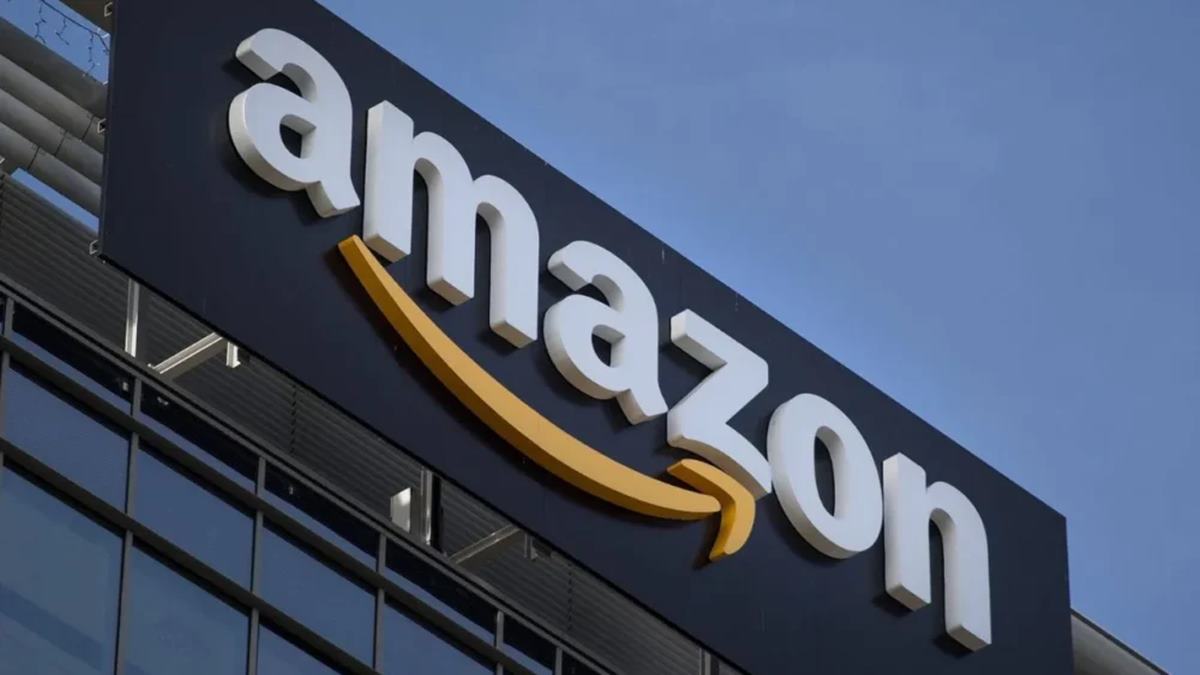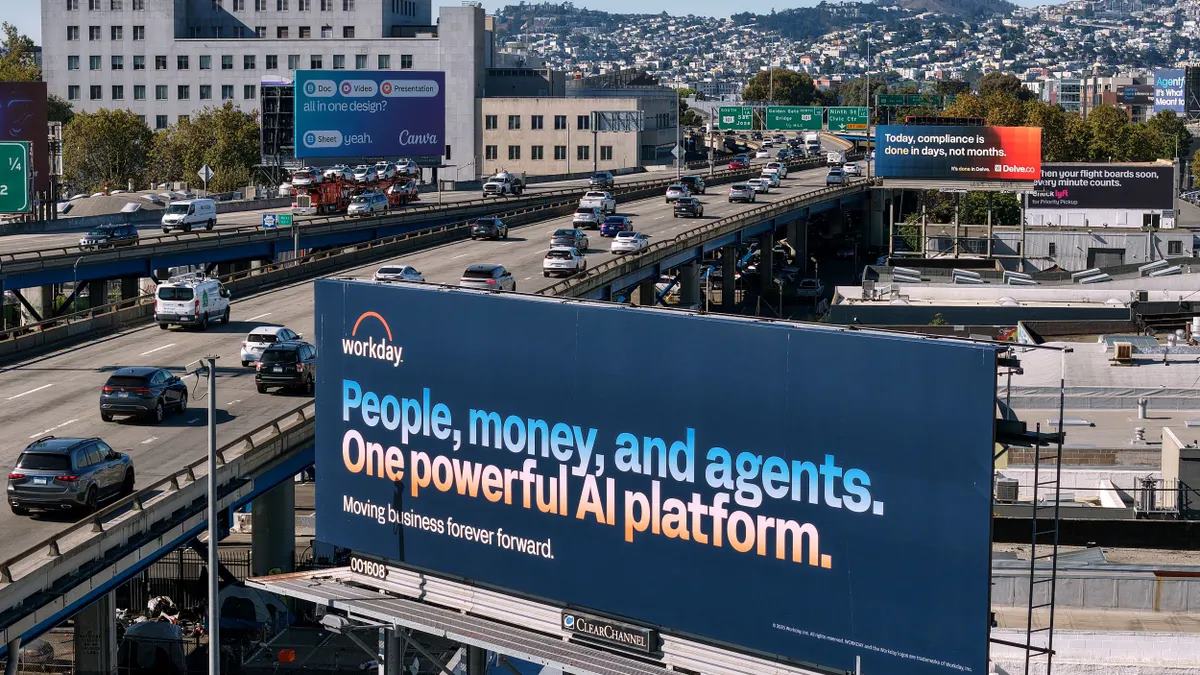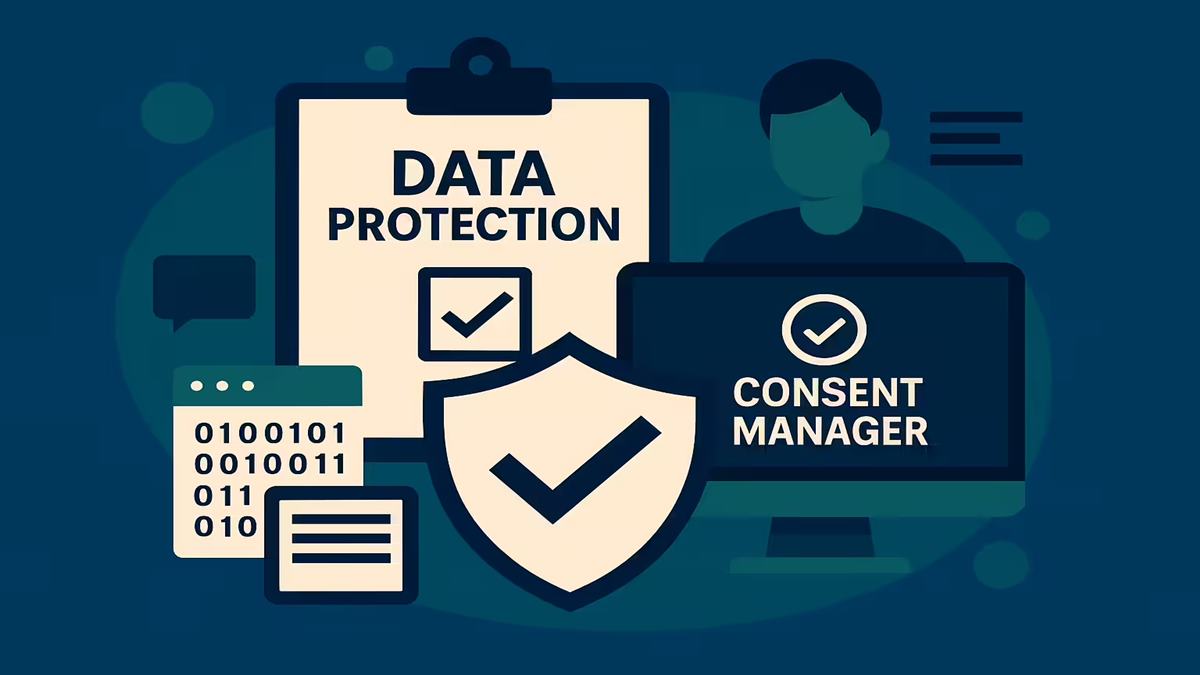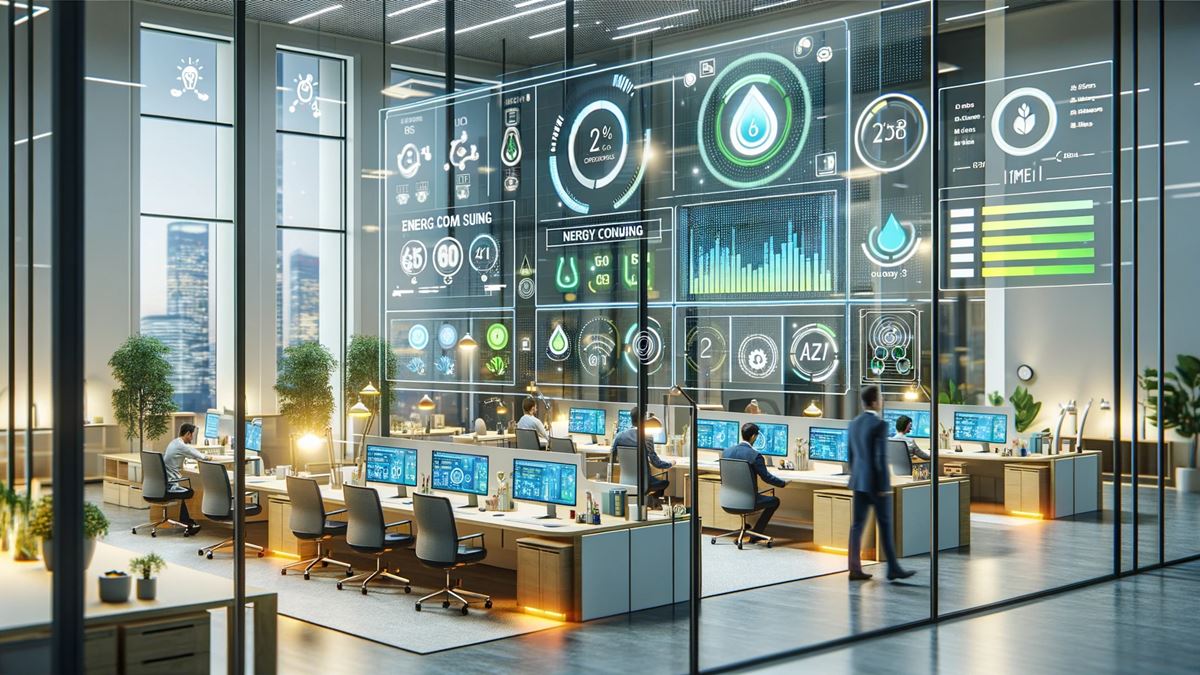Has the AI job apocalypse really hit us hard, or have its effects been vastly overstated? A new Yale study on AI’s impact on the job market has suggested that the latter might be the case. There has been considerable anxiety about the arrival of AI and its potential to revolutionize the workplace in both beneficial and detrimental ways. This anxiety has been further exacerbated by a constant stream of layoffs and reorganization efforts that have prompted caution against AI, with businesses cutting jobs to free up resources to invest in this technology.
While AI’s labor effects have been visible for everyone to see, there is data to suggest that the technology isn’t inherently to blame. AI is not killing jobs, but it is certainly being used as the scapegoat for organizational change.
THERE IS NO AI JOB APOCALYPSE YET, SAYS YALE: IS THERE SOME TRUTH TO THIS CLAIM?
To understand the claims made in the Yale study regarding AI and its impact on jobs, it’s important to dive into the findings. According to economists working with Yale’s Budget Lab, who studied the changes that have occurred since November 2022 with the release of ChatGPT, there have been no major workforce disruptions with the arrival of AI.
“Overall, our metrics indicate that the broader labor market has not experienced a discernible disruption since ChatGPT’s release 33 months ago, undercutting fears that AI automation is currently eroding the demand for cognitive labor across the economy,” they indicated in their report. Their data suggested that technological change was a natural part of the result of any workforce, but the impact of this takes decades rather than months or years to unfold.
One could argue that the rapid arrival and adoption of AI today makes it quite different from the technology that has arrived in the years before. The easy accessibility of AI has made it a tool that many can experiment with for free, but for the more advanced needs of the workplace, there are more sophisticated tools that businesses have not yet managed to adopt successfully.
AI IS NOT KILLING JOBS, BUT THE DISRUPTION IS BEING FELT BY WORKERS
While the “AI job disruption” narrative is said to be false, there is evidence that workers across industries are being let down by the arrival of AI. The study asserts that this is not, in fact, an AI problem. “While anxiety over the effects of AI on today’s labour market is widespread, our data suggests it remains largely speculative,” the Yale report elaborated. “The picture of AI’s impact on the labour market that emerges from our data is one that largely reflects stability, not major disruption at an economy-wide level.”
So why are there so many AI job predictions swirling around? In large part, this has to do with the leaders of AI companies who are leading with their predictions on how AI could revolutionize businesses across sectors. Only recently, OpenAI’s Sam Altman predicted that AI could replace 30-40% of jobs. Anthropic’s CEO Dario Amodei similarly claimed that within five years, the number of white collar jobs could be cut by half thanks to AI.
Other CEOs, like Salesforce’s Marc Benioff, claimed that AI has already taken over 50% of the work within the organization. This claim is similar to Duolingo, which faced considerable backlash over its AI-first strategy. Some predictions have been more hopeful, such as Nvidia’s Jensen Huang and Zoom’s Yuan claiming that AI could finally bring about a 4-day workweek, but even this came with the caveat of AI changing how some jobs are performed.
AI IS HERE TO CHANGE HOW WE OPERATE, BUT ITS RESULTS ARE LACKLUSTRE
There have been multiple reports and studies on the impact of AI and its ability to replace jobs entirely in the next five years. Microsoft, another firm that has conducted heavy layoffs due to its AI prioritization goals, released its own report on which jobs were set to be replaced or altered by AI. Despite this narrative, we also saw a Gartner poll that predicted that most Fortune 500 companies will soon abandon plans to replace their service roles over the next few years.
Similar reports from other institutions have also indicated that 95% of AI pilots have failed to result in any substantial gains. Multiple organizations that have made investments in AI are unsure of where to go with this technology, and while the lack of planning does have a role to play, there are also limited applications of it in every industry.
AI’S LABOR EFFECTS COULD BE A MASK FOR OTHER REORGANIZATION GOALS
If AI isn’t transforming organizations at a scale that the predictions may have us believe, could it be true that there is no AI job apocalypse to fear? The Register’s report on the matter suggests that a large number of the layoffs and job cuts that have been attributed to AI could be a result of company efforts to reduce expenses and ensure that investments made in favor of AI technology are approved at the top.
AI is having an impact on the labor force, but AI isn’t taking jobs away just yet. The technology does have the power to revolutionize how we operate in the long run, but it is still in its early days, unrefined even in its most advanced form. From the perspective of employers and management teams, the messaging to employees needs greater clarity. Linking AI with job cuts has the inverse effect of making employees more fearful of the technology rather than curious to understand it and implement it in their work.
While employers are willing to pay candidates with AI experience a higher salary, there is still considerable uncertainty about what AI literacy means. Promoting the idea that AI is taking away employee jobs has not been beneficial for most, other than allowing employers to channel employee ire towards AI. This benefit, however, will be short-lived. The adoption of AI is not prohibited by any means, but it may be time to revisit how organizations refer to this technology internally, to shift employees’ perspective on the changes that are to come.
Source – https://www.thehrdigest.com/theres-no-ai-jobs-apocalypse-hitting-just-yet-according-to-yale/




















